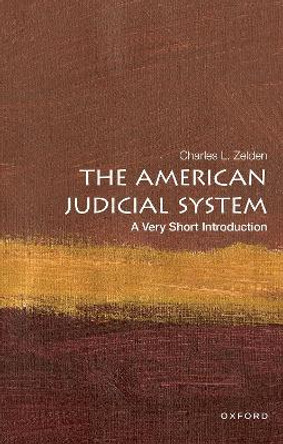Soren Kierkegaard (1813-55), one of the most original thinkers of the nineteenth century, wrote widely on religious, psychological, and literary themes. This book shows how Kierkegaard developed his views in emphatic opposition to prevailing opinions. It describes his reaction to the ethical and religious theories of Kant and Hegel, and it also contrasts his position with doctrines advanced by men like Feuerbach and Marx. Kierkegaard's seminal diagnosis of the human condition, which emphasizes the significance of individual choice, has arguably been his most striking philosophical legacy, particularly for the growth of existentialism. Both that and his arresting but paradoxical conception of religious belief are critically discussed, and Patrick Gardiner concludes this lucid introduction by showing how Kierkegaard has influenced contemporary thought. ABOUT THE SERIES: The Very Short Introductions series from Oxford University Press contains hundreds of titles in almost every subject area. These pocket-sized books are the perfect way to get ahead in a new subject quickly. Our expert authors combine facts, analysis, perspective, new ideas, and enthusiasm to make interesting and challenging topics highly readable.
About the AuthorPatrick Gardiner was formerly an Emeritus Professor of Magdalen College, Oxford
ReviewsGardiner's text continues to offer an excellent and beautifully written introduction. * The Interuniversity Kierkegaard Research Group, Tijdschrift Voor Filosofie *
Book InformationISBN 9780192802569
Author Patrick GardinerFormat Paperback
Page Count 144
Imprint Oxford University PressPublisher Oxford University Press
Weight(grams) 126g
Dimensions(mm) 176mm * 113mm * 9mm






